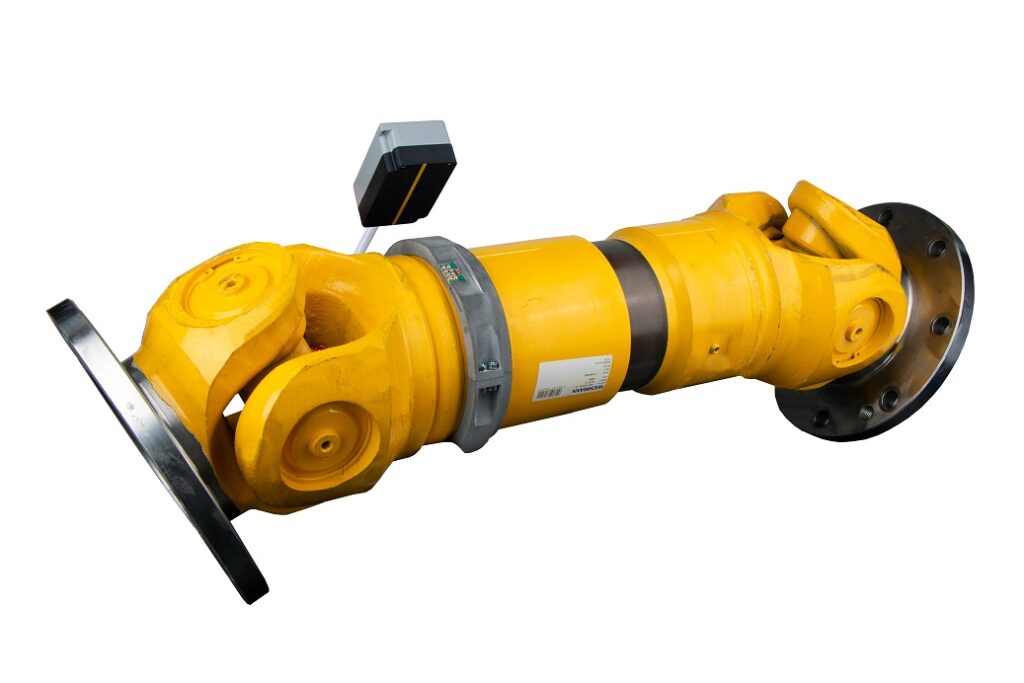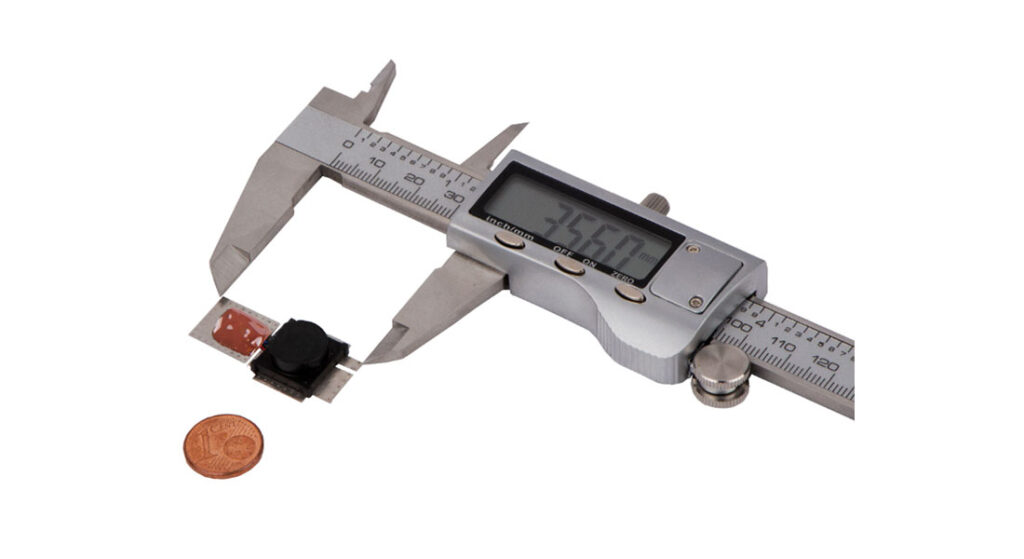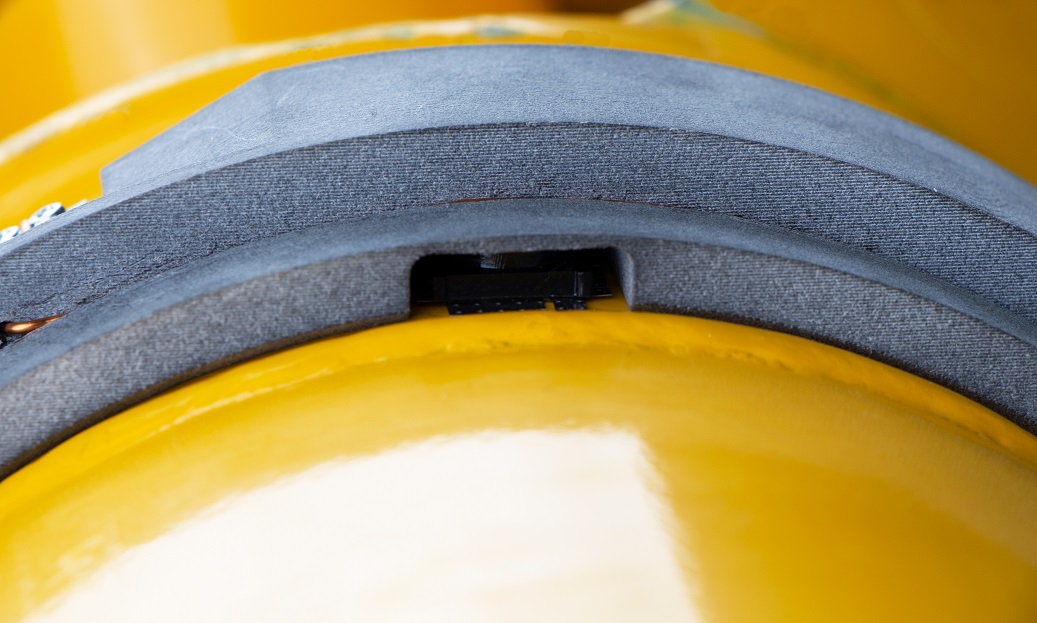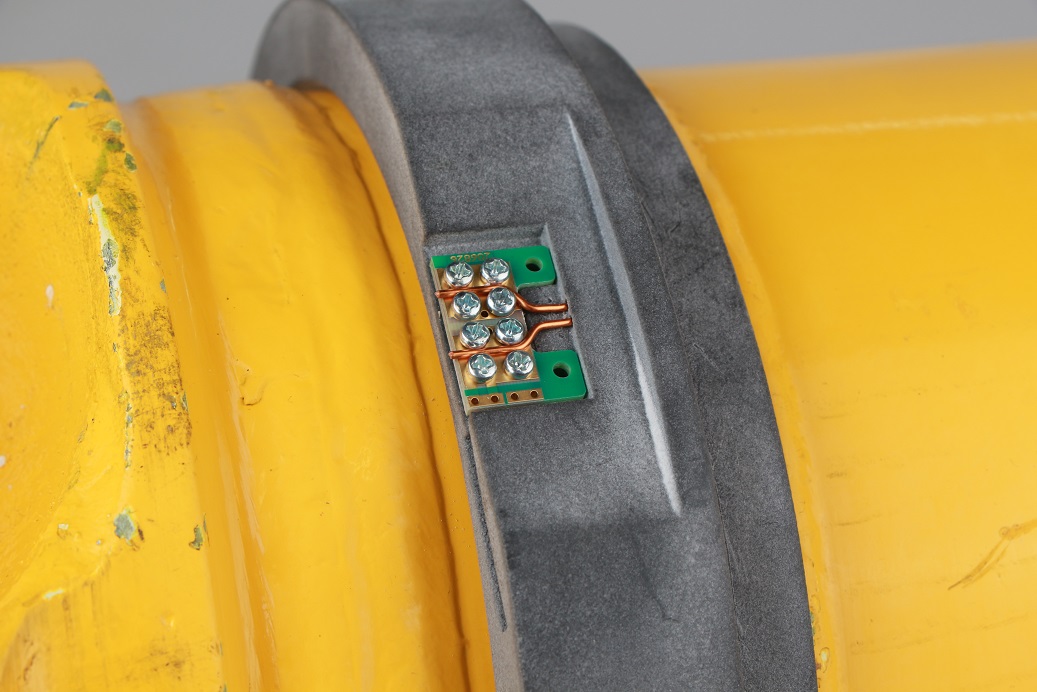The elegant method of torque detection/monitoring on drive trains in the field and on machines (gearboxes, pumps, motors, marine drives, cardan shafts). It is particularly suitable as a retro-fit due to the short installation time in existing systems. In contrast to classic strain gauge bonding technology with quasi clean room conditions, TelMAX Torque can be mounted in the shortest possible time even under the harshest environmental conditions.
Often the time factor for installation plays a decisive role. Bonding and adhesive curing times for strain gauges lead to long downtimes, which are to be avoided. Long idle times are undesirable. Another challenge in the field of measurement technology for larger machines is to transport the shaft parts or to realise the application capability on site without large transports.
Especially in the field of large machinery, agriculture and cardan shafts for trucks and construction machinery, TelMAX Torque is intended to provide an alternative solution to conventional sensor and telemetry application.





